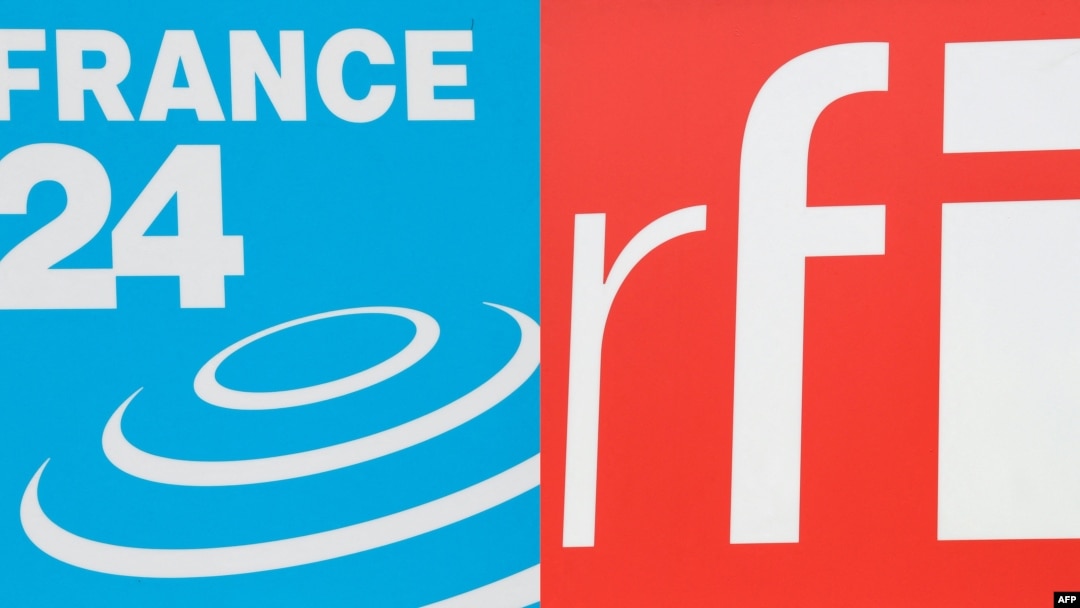In the days since the coup in Niger that ousted President Mohamed Bazoum, journalists have faced threats or attacks, and access to broadcasts from two French outlets has been cut.
Journalists from at least four news outlets have been threatened or physically attacked and some have reported having equipment damaged, according to media watchdog Reporters Without Borders, or RSF.
Separately, on August 3, the signals of French international news broadcasters Radio France Internationale and France 24 were blocked inside Niger.
The coup took place amid anti-French sentiment in the former French colony, with pro-junta protesters attacking the French Embassy in the capital Niamey a few days later.
"The attacks on press freedom that we see emerging in Niger are extremely worrying," Sadibou Marong, the director of RSF's sub-Saharan Africa bureau, said in a statement. "We remind the junta that the right to information must be preserved and respected, and we urge it to ensure that no journalist is again targeted by protesters or the security forces at this uncertain time for Niger."
Among the incidents documented by RSF are threats that protesters directed at Anne-Fleur Lespiaut, for TV5 Monde, and Stanislas Poyet, a reporter with Le Figaro, on July 30. RSF said that protesters were angered by the presence of journalists from French media.
Two days earlier, during a July 28 press conference at the headquarters of the Nigerien Party for Democracy and Socialism — the party led by Bazoum — unidentified individuals attacked crews from two privately owned domestic news outlets.
Threats and violence have been coupled with censorship in Niger, where the military blocked access to Radio France Internationale, or RFI, and France 24. Both remain available via satellite, the stations' parent company France Medias Monde has said.
The group, in a statement, said it "deplores this decision taken outside any conventional and legal framework, further depriving citizens in the region of their access to free and independent information."
RSF's Marong in a statement said that the action "bodes ill for the media," adding, "In an already fraught security environment in the Sahel, cutting off the signals of news media that just do their job is an unacceptable attack on press freedom."
The military staged the coup on July 26 over claims of insecurity in the country.
Among the state institutions suspended by the junta are Niger's media regulator, the High Council for Communication, which had power to suspend or issue warnings to broadcasters.
Blocking access to RFI and France 24 follows a pattern in the Sahel region, where military coups in Mali and Burkina Faso were followed by media outlets getting blocked in both countries.
SEE ALSO: How Africa's Sahel Region Is Becoming a Media Desert

